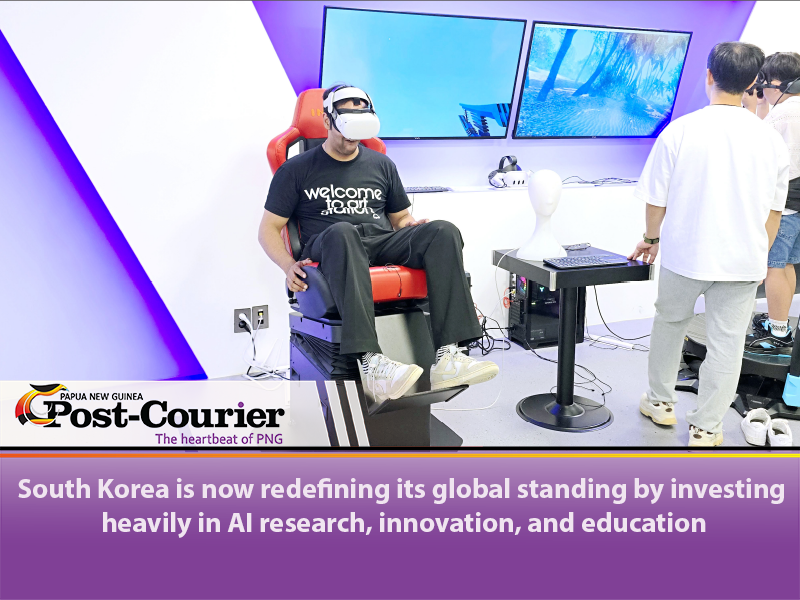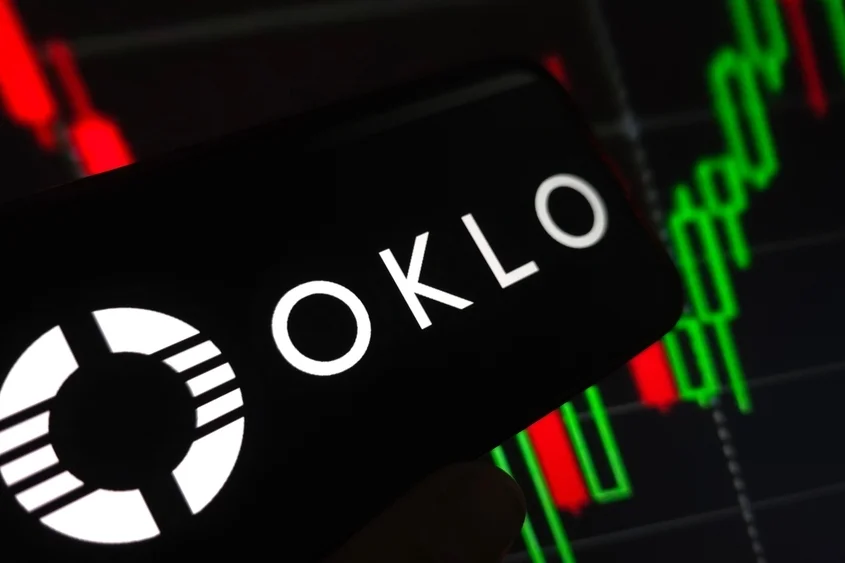By Gorethy Kenneth
Copyright postcourier

IN the heart of the 21st century, where technology is the new currency of global power, South Korea is emerging as a formidable force in the world of artificial intelligence (AI) and information technology (IT).
Once a country known for its rapid economic growth in the 1990s, South Korea is now redefining its global standing by investing heavily in AI research, innovation, and education.
At the core of this transformation is a strategic, long-term vision: to train the next generation of technologists, engineers, and AI specialists to lead the world into the future.
Post-Courier was lucky to be part of a program which witnessed first hand the centres that South Korea Government funds to teach or train their children for free on these subject matters.
South Korea’s journey to becoming a global leader in AI and IT is not just about cutting-edge technology or high-tech industries.
It is about a cultural shift, a national commitment, and a deep understanding that the future belongs to those who can shape it.
The country has recognised that in an era where AI is reshaping industries, economies, and societies, the next generation must be equipped with the skills to navigate and lead in this new world.
A Nation in front of AI
South Korea has long been a global leader in technology. From the early days of the 1990s, when the country became a hub for IT and telecommunications, to today, where it is a major player in semiconductors, robotics, and AI, the nation has consistently demonstrated its ability to innovate and adapt.
Today, South Korea is home to some of the world’s most advanced AI research institutions, including the Korea Institute of Science and Technology (KIST), the Korea Advanced Institute of Science and Technology (KAIST), and the National Institute of Information and Communications Technology (NICT).
The government has set ambitious goals for AI development, aiming to become the world’s top AI country by 2030.
This vision is supported by a national AI strategy that includes significant investments in research, infrastructure, and education. South Korea has also launched the “AI Grand Challenge,” a multi-year initiative aimed at accelerating AI development across various sectors, from healthcare to transportation to education.
The Rise of AI Education in South Korea
At the heart of South Korea’s AI strategy is its commitment to education.
The country has recognised that the future of AI and IT depends not just on research and development, but on a well-educated workforce.
To this end, South Korea has launched a nationwide initiative to train children in IT and AI from an early age.
One of the most notable programs is the “AI Education for All” initiative, which has been implemented in schools across the country.
This program aims to integrate AI and IT education into the curriculum, starting from primary school and continuing through high school.
The goal is to ensure that every student, regardless of their background, has access to the knowledge and skills needed to thrive in an AI-driven world.
In primary schools, students are introduced to basic programming, robotics, and data analysis.
By middle school, they are learning more advanced concepts, including machine learning and AI ethics.
High school students are given more specialised courses, with some schools offering AI-focused tracks that prepare students for careers in technology.
The government has also partnered with private companies and universities to develop AI curricula that align with industry needs.
For example, the Ministry of Education has collaborated with tech giants like Samsung, SK Telecom, and Kakao to create AI-focused learning modules that are integrated into the national curriculum.
The Role of Private Sector and Innovation Hubs
South Korea’s AI and IT education initiative is not just a government-led effort.
The private sector has played a crucial role in driving this transformation. Tech companies have invested heavily in AI research and development, creating innovation hubs that serve as training grounds for the next generation of technologists.
Samsung, for instance, has launched a series of AI education programs for students, including AI camps and mentorship opportunities with its engineers.
SK Telecom has also partnered with schools to provide hands-on experience with AI technologies, allowing students to work on real-world projects. In addition, South Korea has established several AI innovation hubs, such as the AI Innovation Hub in Seoul and the AI Research Center in Daejeon. These hubs serve as centers for research, development, and education, providing students and professionals with access to cutting-edge AI tools and technologies.
The Future of AI in South Korea
As South Korea continues to invest in AI and IT education, the country is positioning itself as a global leader in the field.
The government has set a clear vision: to become the world’s top AI country by 2030.
This vision is supported by a national AI strategy that includes significant investments in research, infrastructure, and education.
The success of South Korea’s AI and IT education initiative is already beginning to show.
The country has produced a generation of technologists who are not only skilled in AI and IT but also passionate about using these technologies to solve real-world problems. From healthcare to transportation to education, South Korea is demonstrating the power of AI to transform society.



